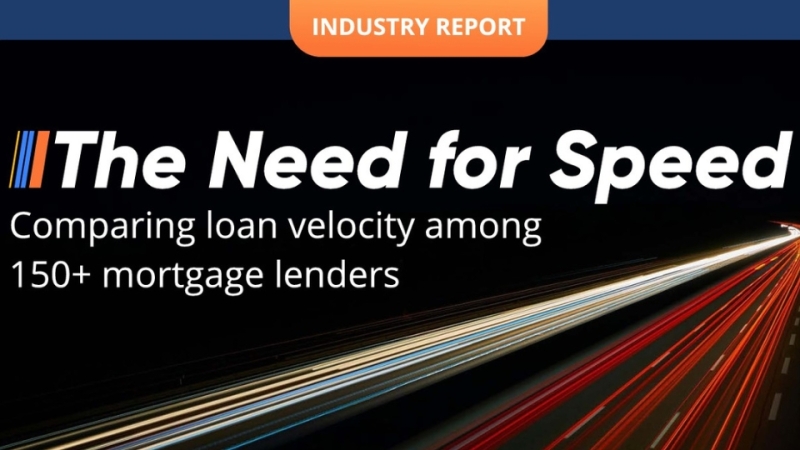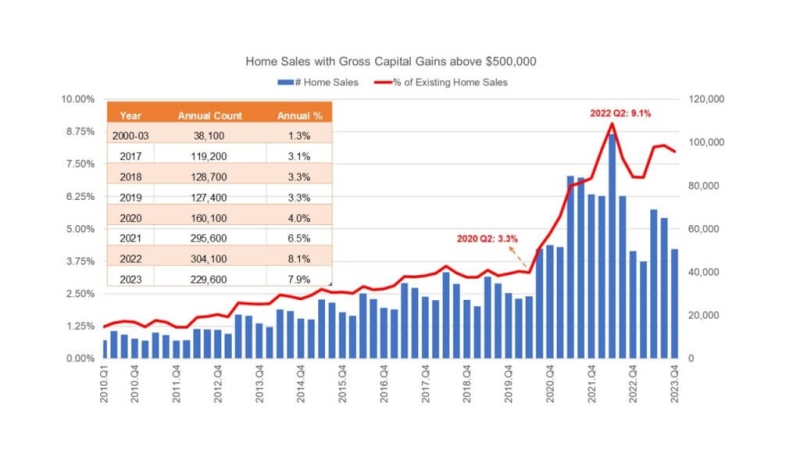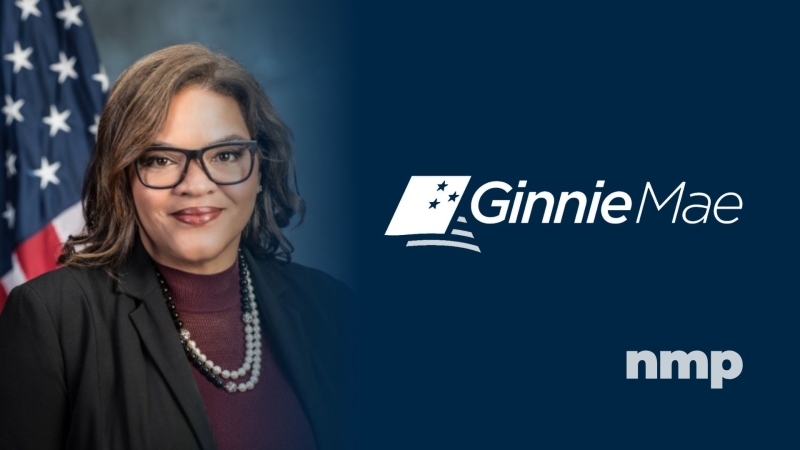Advertisement
Using credit reporting tools to increase your FHA business
Reverse mortgages: A great opportunityTom Scabaretireverse mortgages, HECM, senior citizens, HUD, HomeKeeper, National Reverse Mortgage Lenders Association
Not familiar with reverse mortgages? You should be. A growing
number of your senior customers, and their adult children, have
been buying these innovative loans in recent years to augment
retirement income, pay for long-term healthcare, or even pay for
that dream vacation. According to the U.S. Department of Housing
and Urban Development, the number of reverse mortgages issued has
continued to grow at a phenomenal rate since the early 1990s when
the products were first introduced.
Consider that there are more than 20 million seniors with more
than $2 trillion in home equity, according to 2000 census figures,
and you will begin to appreciate the growth opportunity these
unique loans offer. And this year, 2008, has great significance, as
more than 8,000 baby boomers will turn 62 every day, which
qualifies them for the product. That translates into another three
million prospects.
Reverse mortgages explained
Reverse mortgages enable senior homeowners, 62 or older, to convert
part of the equity in their home into tax-free income without
having to sell the home, give up title, or take on a new monthly
mortgage payment. Borrowers will never be forced to leave their
homes, provided they make their real estate property tax and
insurance payments.
There are three types of reverse mortgagesthe Home Equity
Conversion Mortgage, Fannie Mae HomeKeeper and private reverse
mortgage productsoffered by several lenders and designed for higher
value homes.
Borrowers can choose to receive the reverse mortgage funds as a
lump sum, monthly income (for up to life), line of credit, or any
combination. They make no monthly payments on a reverse mortgage
during the life of the loan. The loan becomes repayable when the
borrower sells the home or permanently moves out. In addition, the
repayment amount can not exceed the value of the home and can be
used for any purpose.
An important consumer protection built into these loans is the
requirement for independent, third-party counseling prior to
application. This counseling session serves to provide an objective
review of the program for the senior and their advisors to help
them decide if it is the correct option.
Reverse mortgages, although distinctly different from
traditional mortgages, are still mortgages and have the same basic
cost structure for closings costs. These fees would include items
such as an appraisal, title insurance, document fees and other
typical closing costs. One difference is that the closing costs of
reverse mortgages are generally funded in the loan, so senior
borrowers have no out-of-pocket expense. Qualification for this
loan is simple, based on age and homeownership; there is no income
qualification and only minimal credit review.
Some typical questions include:
What are the benefits of a reverse mortgage?
A reverse mortgage provides easy access to the equity senior
homeowners have in their home. There is no income or credit
qualification, and best of all, no monthly mortgage payments are
required during the life of the loan.
What are the borrower qualifications?
The borrower must be 62 or older and, of course, own a home! A
reverse mortgage allows a borrower to live in their home for as
long as they use the home as a primary residence.
How much money can a borrower receive?
The amount a senior homeowner is eligible for depends on their age,
the value of the home, current interest rates and the specific
reverse mortgage product selected. Generally speaking, the older a
borrower is, the greater the benefit (i.e., more money!)
available.
How can the money be used?
The money can be used to fund home repairs, pay off an existing
mortgage, pay for medical expenses, purchase long-term care
insurance, establish a resource to help grandchildren and loved
ones, or to go on vacation! The money can be used any way the
borrower wishes!
Does the lender own my home?
No. This is a very common misconception; a reverse mortgage is
merely a loan on the property that can be repaid at anytime with no
prepayment penalty.
Will my children be against the idea?
No. Experience has shown that many adult children see a reverse
mortgage as a good decision for their parents. It provides the
senior with independence and allows them to age in the home they
love and raised their family in.
So, if you agree that reverse mortgages present an opportunity
to expand your business and revenues, your next step is to do your
homework. There are several good sources for additional, objective
information about this product and the senior market available on
the Internet.
Tom Scabareti is a reverse mortgage veteran with more than
10 years of experience and is an active member of the National Reverse Mortgage
Lenders Association. He may be reached at (714) 679-9962 or
e-mail [email protected].
About the author





